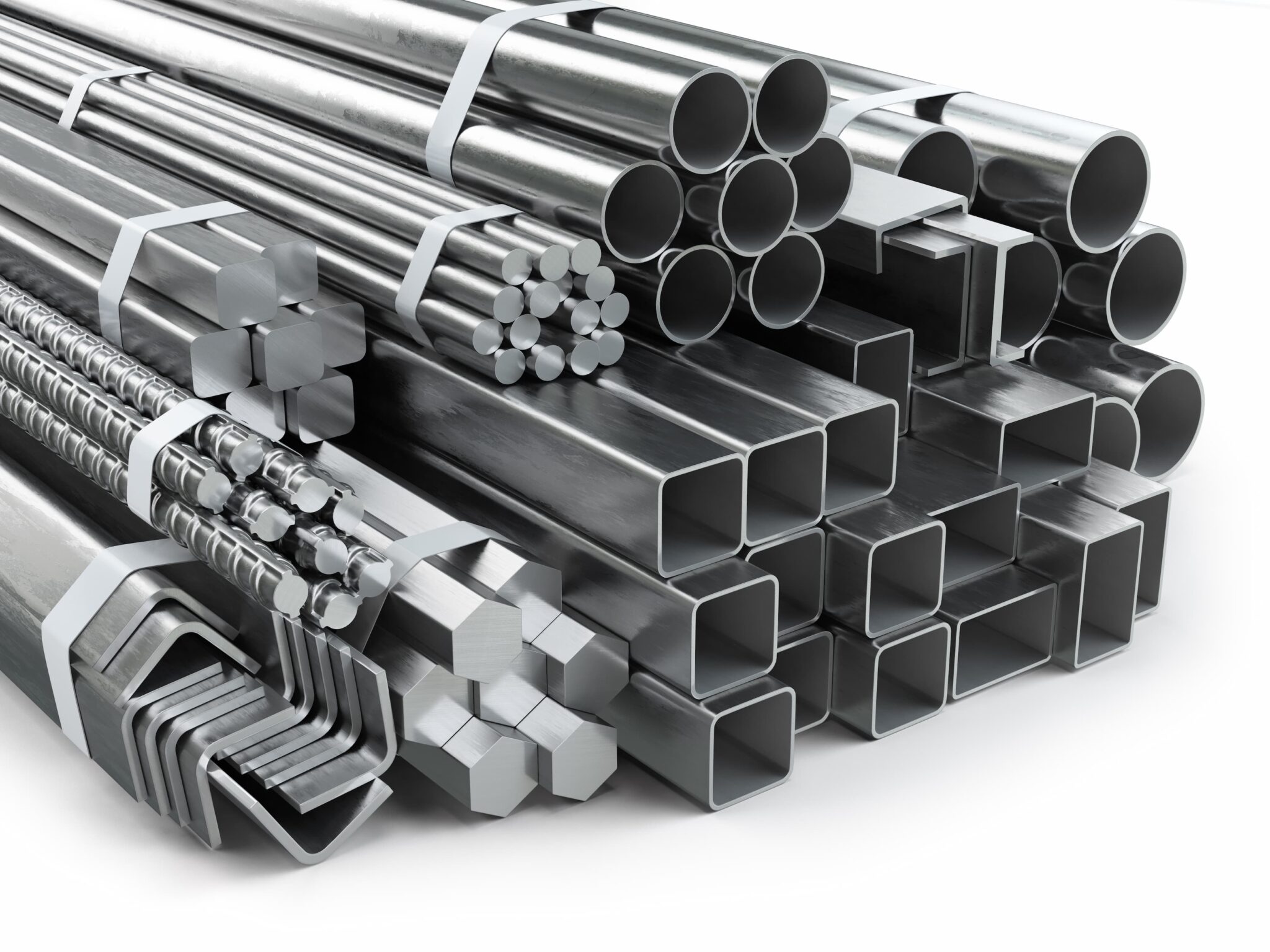Note: I am by no means a metallurgist or blade steel expert, if you see something incorrect on this page please let me know at: lorne@smithlist.net
A chart of 25 common knifemaking steels is available here: https://smithlist.net/25-common-mono-steels-in-bladesmithing/
Carbon
Carbon is a critical element in the steel used for knives and swords, and its presence significantly influences several key properties. Here’s why carbon is so important:
1. Hardness and Strength:
Carbon is primarily responsible for the hardness and tensile strength of steel. A higher carbon content generally means a harder steel, which is essential for maintaining a sharp edge.
2. Edge Retention:
The hardness provided by carbon allows for better edge retention. Knives and swords with high carbon content can maintain their sharpness for a longer period, reducing the need for frequent sharpening.
3. Wear Resistance:
Higher carbon steels are more resistant to wear and abrasion, which is crucial for cutting instruments that will be used repeatedly or in harsh conditions.
4. Heat Treatment:
Carbon plays a vital role in the steel’s ability to undergo heat treatment. Proper heat treatment can further enhance the hardness, strength, and wear resistance of the blade, and carbon is essential for this process to be effective.
5. Versatility:
The amount of carbon can be adjusted to create steels with different properties. For example, lower carbon steels might be used for swords that need to be more flexible, while higher carbon steels might be used for knives that need to maintain a sharp edge.
6. Sharpness:
Higher carbon steels can achieve a finer edge during the sharpening process, allowing for cleaner, more precise cuts.
7. Cost-Effectiveness:
Carbon is relatively inexpensive compared to other alloying elements like vanadium, molybdenum, or tungsten. This makes high-carbon steels a cost-effective choice for high-performance blades.
8. Customization:
By adjusting the carbon content, manufacturers can create custom steels tailored to specific uses, whether it’s a rugged survival knife or a finely crafted samurai sword.
However, it’s worth noting that higher carbon content also makes the steel more brittle and less resistant to impact and corrosion. Therefore, the amount of carbon needs to be carefully balanced to achieve the desired properties for each specific application.
Manganese
Manganese is a key alloying element in steel that serves several important functions, particularly in the context of knives and swords.
Strength and Hardness
Manganese contributes to the hardenability of steel. Its presence allows the steel to respond well to heat treatment, resulting in a material with improved tensile strength and hardness. This is crucial for blades that need to maintain a sharp edge and withstand mechanical stress.
Toughness
Manganese enhances the toughness of steel, making it more resistant to impact and mechanical stress. This is particularly important for combat knives and swords, which are subjected to varying degrees of force and impact.
Wear Resistance
The addition of manganese can improve the wear resistance of steel, an important attribute for blades that are used frequently and need to maintain their functional integrity over time.
Deoxidizer and Desulfurizer
Manganese acts as a deoxidizer and desulfurizer in the steel-making process, helping to remove oxygen and sulfur from the steel. This results in a cleaner, more homogeneous material.
In summary, manganese is an essential alloying element in steel used for knives and swords, contributing to the material’s strength, hardness, toughness, and wear resistance.
Molybdenum
Let’s delve into the role of Molybdenum as an alloying element in steel specifically designed for knives and swords.
Strengthening Mechanism
Molybdenum significantly contributes to the tensile strength and hardness of steel. It does so by facilitating the formation of secondary carbides, which are harder and more stable than the primary iron carbides. This is particularly advantageous for blades that require high mechanical strength and durability.
Toughness Enhancement
Molybdenum improves the overall toughness of the steel, making it less susceptible to chipping or fracturing under impact or stress. This is an essential characteristic for combat knives and swords, which are subjected to various forms of mechanical stress.
Elevated Temperature Performance
Molybdenum enhances the steel’s ability to maintain its mechanical properties at elevated temperatures. This is beneficial during the heat treatment process, as well as in applications where the blade may be exposed to high heat, such as in culinary settings or during intense combat situations.
Corrosion Resistance
While Molybdenum is not as effective as Chromium in enhancing corrosion resistance, it does offer some level of protection against corrosive elements. This is particularly useful for blades that may be exposed to corrosive environments, such as saltwater or acidic substances.
Synergistic Effects with Other Alloying Elements
Molybdenum often works synergistically with other alloying elements like Chromium and Vanadium to produce steel with balanced mechanical properties. This allows for the optimization of steel for specific applications, whether it’s a utility knife requiring excellent edge retention or a specialized sword demanding high toughness and durability.
Versatility in Heat Treatment
The inclusion of Molybdenum broadens the range of heat treatment options available, providing manufacturers with greater flexibility in tailoring the steel’s mechanical properties to meet specific performance criteria.
Molybdenum serves as a critical alloying element in the production of high-quality steel for knives and swords. It enhances the material’s mechanical properties, including its strength, toughness, and heat resistance, making it a preferred choice for high-performance blades.
Nitrogen
Nitrogen serves as an important alloying element in certain types of steel, particularly nitrogen-enriched stainless steels, which are often used in high-end knives and swords.
Hardness and Strength
Nitrogen contributes to the formation of a fine-grained microstructure, resulting in improved hardness and tensile strength. This is particularly advantageous for blades that require a sharp edge and high mechanical strength.
Corrosion Resistance
Nitrogen enhances the pitting and crevice corrosion resistance of steel, especially when used in conjunction with other alloying elements like chromium and molybdenum. This is beneficial for knives and swords that may be exposed to corrosive environments.
Edge Retention
The increased hardness provided by nitrogen contributes to better edge retention, reducing the frequency of sharpening required for maintaining optimal performance.
Reduced Weight
Nitrogen-enriched steels often allow for reduced material thickness while maintaining high strength, resulting in lighter blades that are easier to handle without compromising on performance.
Cost-Effectiveness
In some cases, nitrogen can partially or fully replace more expensive alloying elements like nickel, providing similar mechanical properties at a reduced cost.
In summary, nitrogen serves as a valuable alloying element in steel for knives and swords, enhancing hardness, strength, corrosion resistance, and edge retention, while also offering potential cost benefits.

